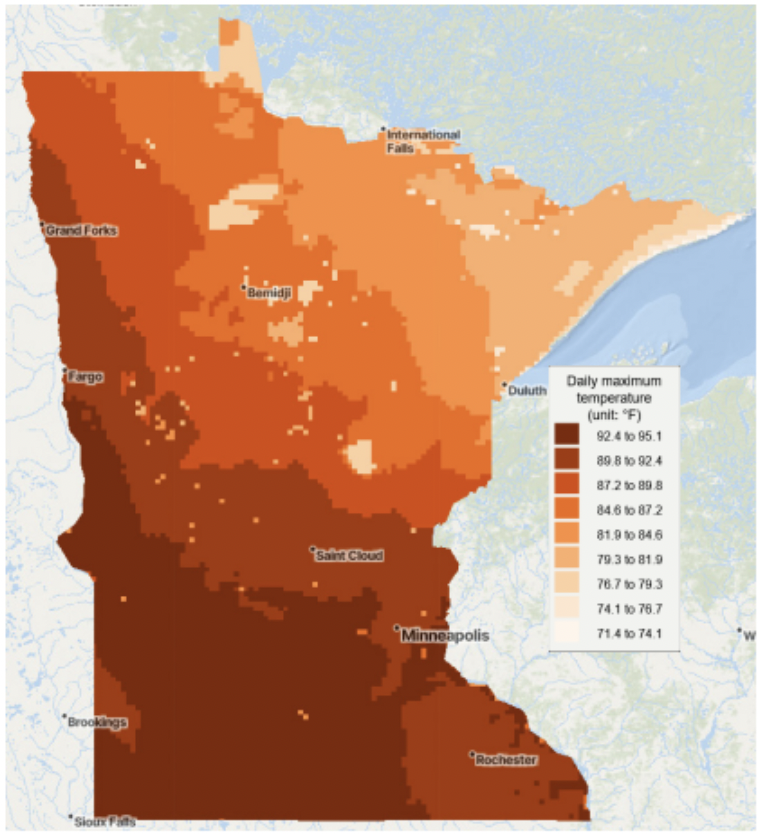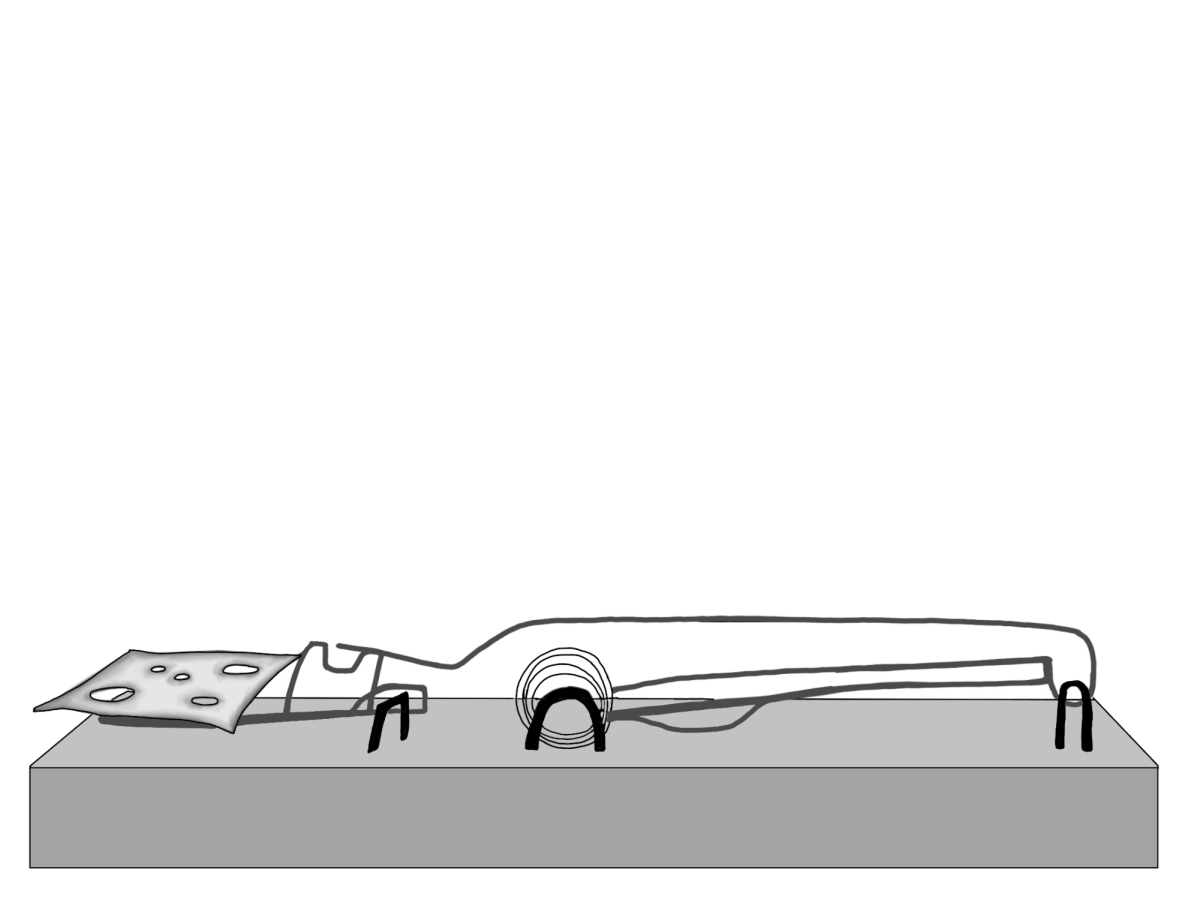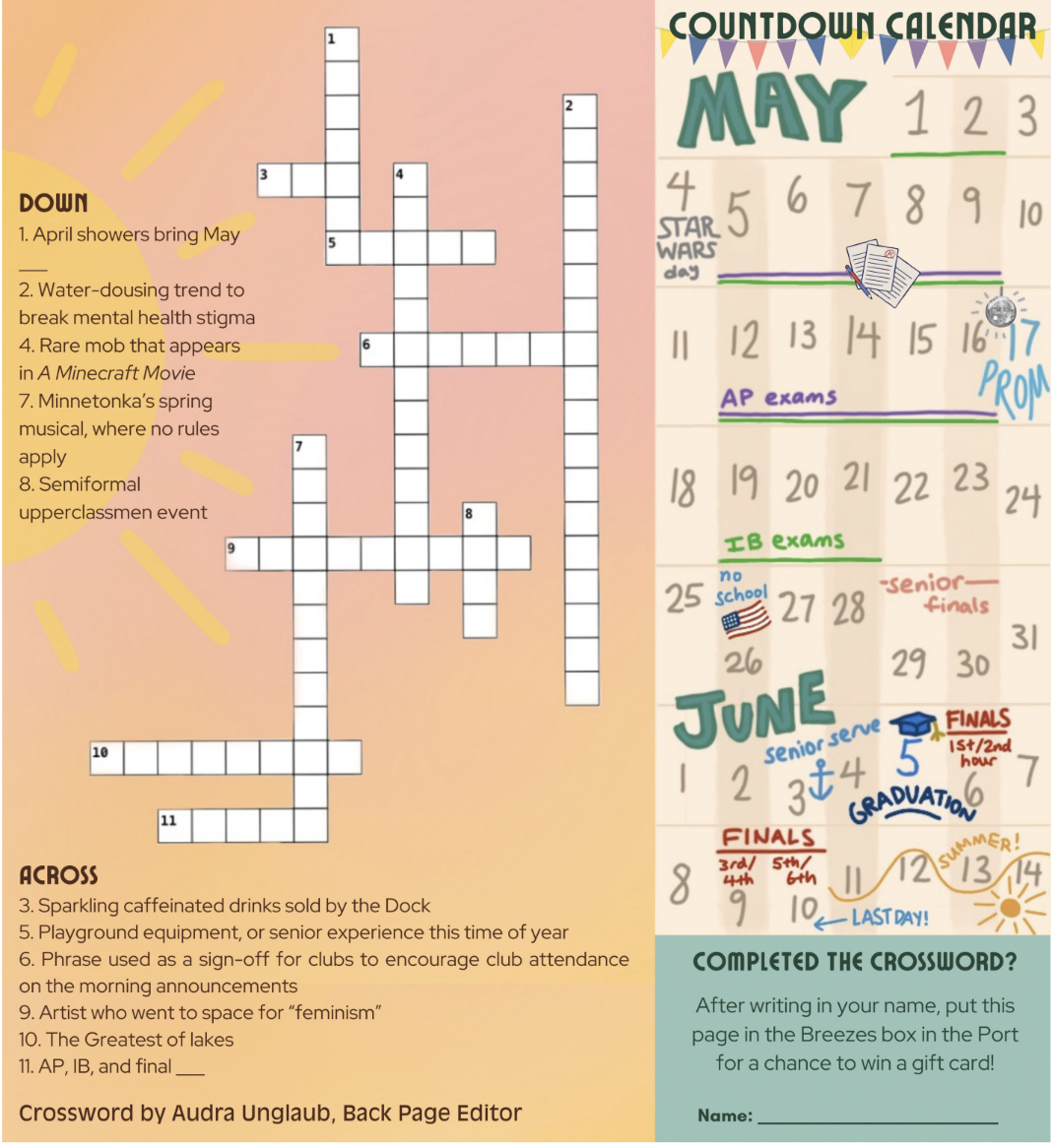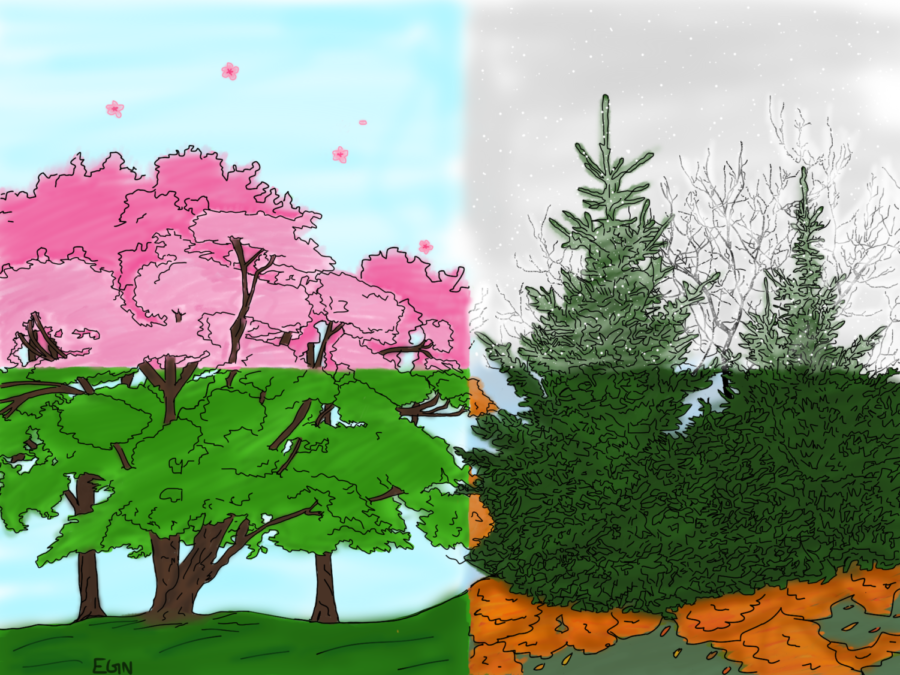Seasonal Depression: Spotting the Symptoms and How to Deal With Them
November 22, 2019
If you’re apprehensive about the start of winter, you’re probably not alone. As the snow starts falling and temperatures dip, many are upset about the fact that they have to bundle up for the unpredictable winter. Winters tend to be especially long in Minnesota, and, while the end of the warm months always hurts, there’s a bigger issue that many have to face.
Seasonal depression, setting in during the late fall months and continuing until the spring, can be very tough for the roughly ten percent of people who have it. From fatigue to overeating, the symptoms are clear, and some of them even mirror severe depression. A changed sleep schedule, feelings of worthlessness, and lack of interest in hobbies have all been reported as symptoms of this overlooked mental illness.
Although it was first observed by scientists in the 1980s, there has been little follow-up research on the reasons or exact effect of the problem. Researchers, though, have come up with a few explanations as to why humans are afflicted with seasonal depression–many of which involve the imbalance of hormones caused by shifting light patterns.
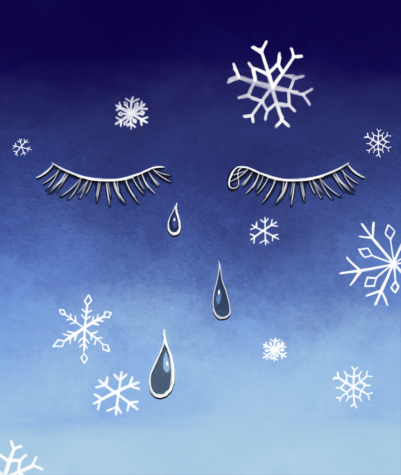 Photo Courtesy of Sophie Pederson
Photo Courtesy of Sophie Pederson
When the days get shorter and people receive less sunlight, their bodies get confused, and biological clocks get out of sync. This creates shortages of chemicals like serotonin, a hormone that makes people feel good about life. As a result, those with seasonal depression often appear moody around others and are far more tired than normal. Seasonal depression also shares many similar symptoms with chronic depression including oversleeping and overeating.
“Long Minnesota winters can have a negative impact on our mental health,” said school counselor David Bierly when asked about MHS students’ experiences with seasonal depression. He advised students experiencing similar issues to feel free to approach school counselors.
It’s important to address mental issues, whether they be seasonal depression or not. Methods for combating seasonal depression are similar to those used to treat other mental disorders and even those struggling students who haven’t been diagnosed.
Joining a sport or club gives people a feeling of community and purpose and can be wildly effective against mild mental issues.
The Center for Disease Control and Prevention found during its study on mental illness that exercise decreases the amount of “bad mental health” that participants experienced. The people reaping the most benefit in the survey, though, were those participating in team sports.
Beyond physical activity, positive self talk and thinking are always crucial to maintaining a strong mental state, and it’s important to take time to relax every day.
“Remember that you are still here and breathing and everything will get better.” advised Chloe Rieger, ‘22, at MHS.
Brain chemistry and tests aside, things are going to get better, and, as we head into these dreary, wintry months, we could all use a reminder.






